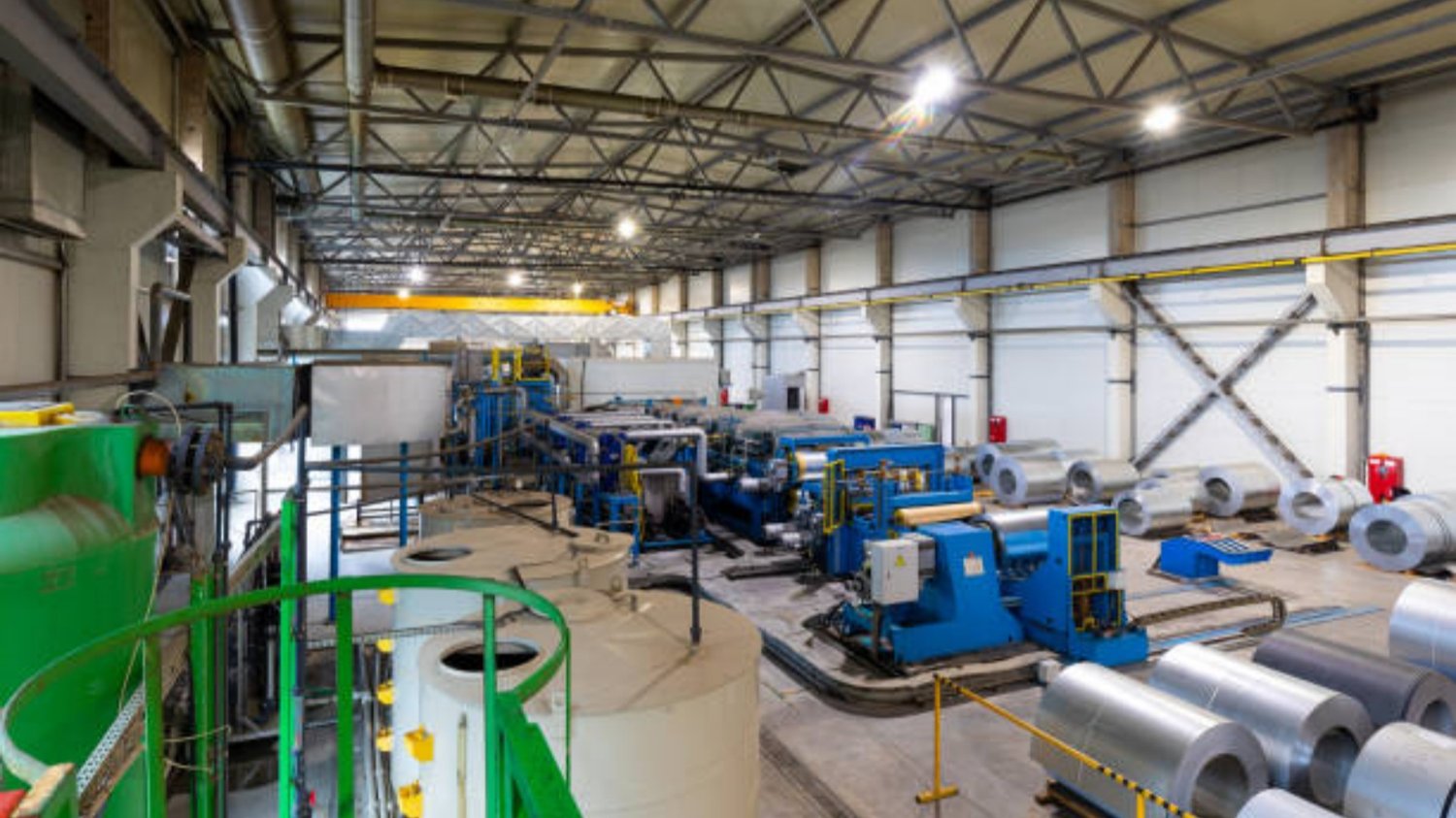Understanding Roll Forming Machines: A Comprehensive Guide
A roll forming machine is a versatile piece of equipment used in various industries for shaping metal sheets into desired profiles. These machines offer a cost-effective and efficient solution for producing consistent and high-quality products. In this article, we will explore the specifications of roll forming machines, highlighting their key features and benefits.
1. The Basics of Roll Forming Machines
Roll forming machines use a continuous bending process to shape metal sheets progressively. The process involves passing the sheet through a series of rollers, with each roller performing a specific bending operation. The machine's design and specifications depend on the desired profile and the material being used.
2. Material Compatibility of Roll Forming Machines
Roll forming machines can work with various materials, including steel, aluminum, copper, and stainless steel. The machine's specifications must be carefully chosen to ensure compatibility with the specific material being formed. Factors such as material thickness, yield strength, and surface finish play a crucial role in determining the machine's capabilities.
3. Profile Complexity and Size Range
The specifications of a roll forming machine dictate the complexity and size range of the profiles it can produce. Some machines are designed for simple profiles, while others can handle intricate shapes with multiple bends and contours. The size range depends on the machine's roll design and the throat depth, which determines the maximum width of the material that can be fed into the machine.
4. Speed and Production Capacity of Roll Forming Machines
The speed and production capacity of a roll forming machine are important considerations, especially for high-volume manufacturing. The machine's specifications include the number of forming stations, the speed of the rollers, and the feed rate. These factors determine the machine's output and the overall production efficiency.
5. Tooling and Changeover of Roll Forming Machines
Roll forming machines require specific tooling to produce different profiles. The specifications of the machine should allow for easy tooling changeover, minimizing downtime between production runs. Quick-change systems and adjustable tooling setups are common features that enhance the machine's versatility and flexibility.
6. Control Systems and Automation
Modern roll forming machines often come equipped with advanced control systems and automation features. These specifications enable precise control over the forming process, ensuring consistent quality and reducing operator error. Automated systems can also include material handling and stacking mechanisms, further streamlining the production workflow.
7. Safety Features of Roll Forming Machines
Safety is a crucial aspect of any industrial machine, including roll forming machines. The specifications should include safety features such as emergency stop buttons, safety barriers, and interlock systems to protect operators from potential hazards. Compliance with industry safety standards is essential when selecting a roll forming machine.
8. Energy Efficiency of Roll Forming Machines
Energy efficiency is becoming increasingly important in modern manufacturing. Roll forming machines with energy-saving features, such as variable speed drives and efficient motor systems, help reduce energy consumption and lower operating costs. The specifications of the machine should include details about its energy efficiency rating and any eco-friendly features.
9. Maintenance and Serviceability
Regular maintenance is essential for keeping a roll forming machine in optimal condition. The machine's specifications should provide information on recommended maintenance intervals, lubrication requirements, and any specific care instructions. Additionally, easy access to critical components and availability of spare parts contribute to the machine's serviceability.
10. Customization Options of Roll Forming Machines
Every manufacturing process has unique requirements, and roll forming machines can be customized to meet specific needs. The specifications of a roll forming machine may offer various customization options, such as additional forming stations, specialized tooling, or integration with other equipment. Customization ensures that the machine aligns perfectly with the intended production process.

